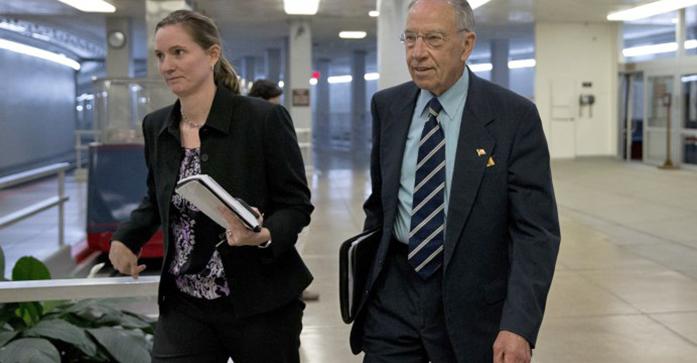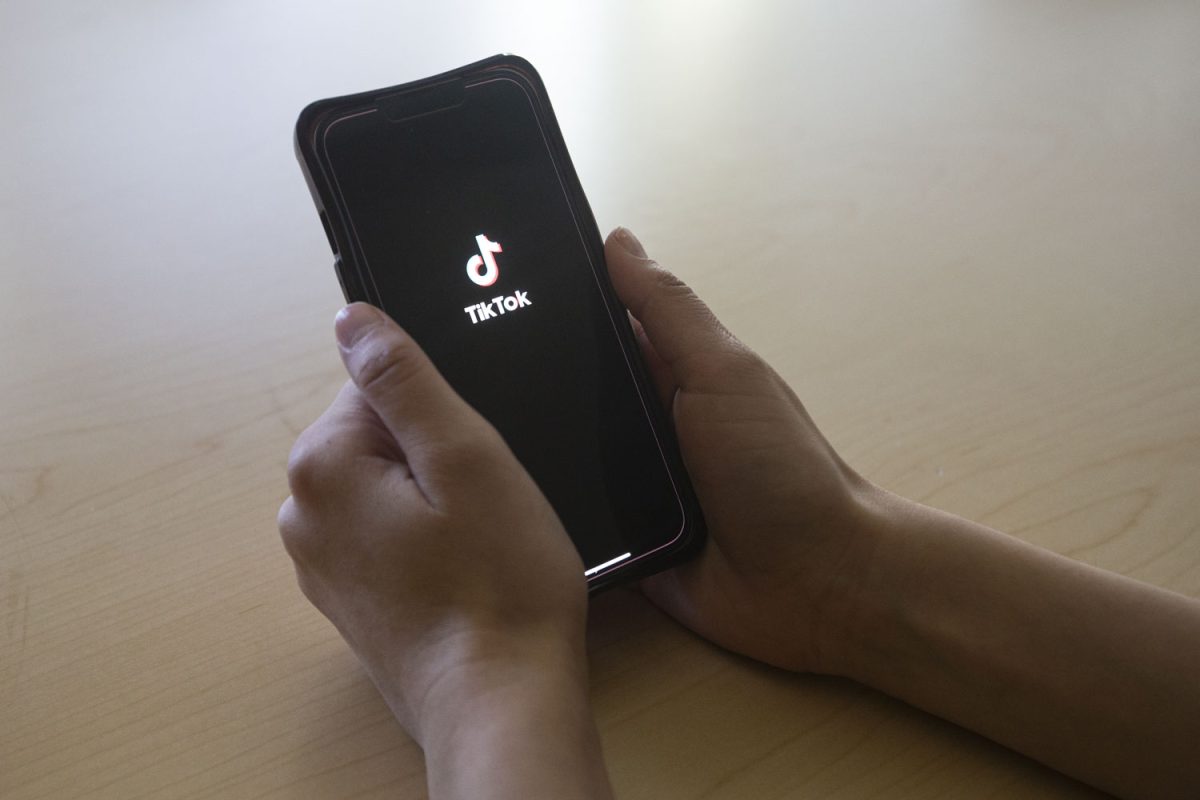Iowa Sens. Chuck Grassley and Joni Ernst follow their party’s line on four firearm amendments.
By Brent Griffiths
Just days removed from a 15-hour filibuster staged by Senate Democrats to excoriate the lack of gun control in America, the Senate voted down four gun-related amendments on Monday.
Iowa Republican Sens. Chuck Grassley and Joni Ernst joined the GOP in killing two Democratic proposals while failing to muster enough support for two additional proposals put forth by their party. Both parties stayed almost entirely united over the four votes, making the supermajority necessary for passage mathematically impossible.
“The other side says that no progress is being made on gun crimes,” Grassley said in a statement after the votes. “We could have made important improvements through my amendment, which would have improved and enhanced the background-check system.”
The first of four measures to come up for a vote, Grassley’s proposal, like the other three, failed to garner the necessary 60 votes. The senior Iowa senator’s amendment would have provided $125 million for the federal national background-check system for the next five fiscal years, but the additional dollars come with strings attached.
It also would have called for a national study on gun violence, although the bill’s wording focuses almost exclusively on mental illnesses, mental health care, and how mass shooters are treated at school and what kind of video games they play at home.
States would also be penalized and rewarded based on how much information they provide to the background-check system in Grassley’s proposal.
But the reason few Democrats backed the measure is over concerns about the ability for Americans to get their rights to buy firearms restored. Former Lt. Gov. Patty Judge hammered on this issue.
“Voting against these measures is one thing, but Chuck Grassley decided to go even further by introducing an amendment that would actually make it easier for people with severe mental illness to buy a gun legally,” said Judge, who is the Democratic challenger to Grassley this November. “Chuck Grassley has been in Washington for too long if he thinks this is what Iowans expect.”
Senate Democrats said Monday’s votes were paved by an unexpected move last week.
Ushered by Sen. Chris Murphy, D-Conn., Democrats held the U.S Senate floor beginning early on June 15 and not ceasing until the early morning the next day. Murphy and 38 of his fellow Democratic colleagues filibustered gun violence in America with the goal of forcing Monday’s votes on amendments to a larger funding bill.
Opposite of Grassley’s proposal was Murphy’s, which would have expanded background checks to private gun shows. Both Grassley and Ernst voted against it.
The other Democratic proposal, put forth by Sen. Dianne Feinstein, would have given the U.S. attorney general power to deny firearms purchases to suspected terrorists. The proposal dubbed “No fly, no buy” would have applied to Americans on federal terrorism watch lists including the no-fly list. Ernst argued that such lists are flawed and could ensnare law-abiding citizens.
“The numerous terrorist watch lists kept by the U.S. government, including the no-fly list, are flawed,” Ernst said in a statement after the vote. “That is why I support an effective solution to prevent terrorists from obtaining a gun without violating innocent Americans’ constitutional rights.”
Grassley and Ernst voted against the Feinstein amendment but did support the NRA-endorsed alternative put forth by Sen. John Cornyn, R-Texas. Cornyn’s proposal would have required the federal government to go to court to stop the sale of a firearm to a suspected terrorist. The FBI would then have 72 hours to investigate if such a denial was just.










